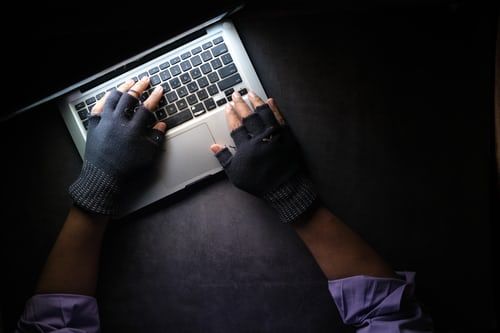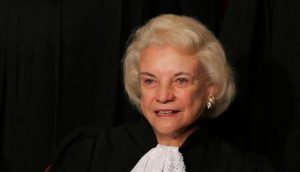Hearing a clutch
of nine petitions seeking a special investigation into the Pegasus spyware scandal
on Thursday, the Supreme Court of India said “the allegations are serious if
the media reports are correct”.
A two-member bench,
headed by Chief Justice NV Ramana along with Justice Surya Kant, heard the
petitions.
Also Read | NSO blocks some government clients from using Pegasus spyware: Reports
“Reports of snooping
came in 2019, I do not know whether any efforts were made to get more
information. I am not going into facts of each case, some people claim phones
intercepted. There is Telegraph Act for complaints,” CJI Ramana observed.
The CJI’s observation
came in response to senior advocate Kapil Sibal, who is representing the
petitioners, saying that Pegasus is a rogue technology that enters our lives
without our knowledge and is an assault on privacy, dignity and values of the
Indian Republic.
Describing for the
court how Pegasus works, Sibal said, “There is an order of the California court.
It reads as once activated it causes the target device to connect with the
defendants’ malware. The malware would then enable and then data is transferred,”
as quoted by Bar & Bench.
Pegasus, a spyware
designed by the Israel-based NSO Group, can reportedly infect smartphones
without the users’ knowledge and gain virtual access to all their data.
A global media
investigation, dubbed the Pegasus Project, involving several leading media
publications from all over the world, disclosed that 300 phones from India were
on a list of potential targets on the leaked database of NSO. It was not
established that all the phones were hacked.
Also Read | Rahul Gandhi says his phone was tapped, demands SC probe against Modi
The list of names reportedly
features journalists, politicians, lawyers, activists, a Supreme Court judge
and others.
NSO maintains that
its spyware is only used by governments for the purposes of security and
counterterrorism. Last week, Israeli government authorities raided offices of
the NSO group.







